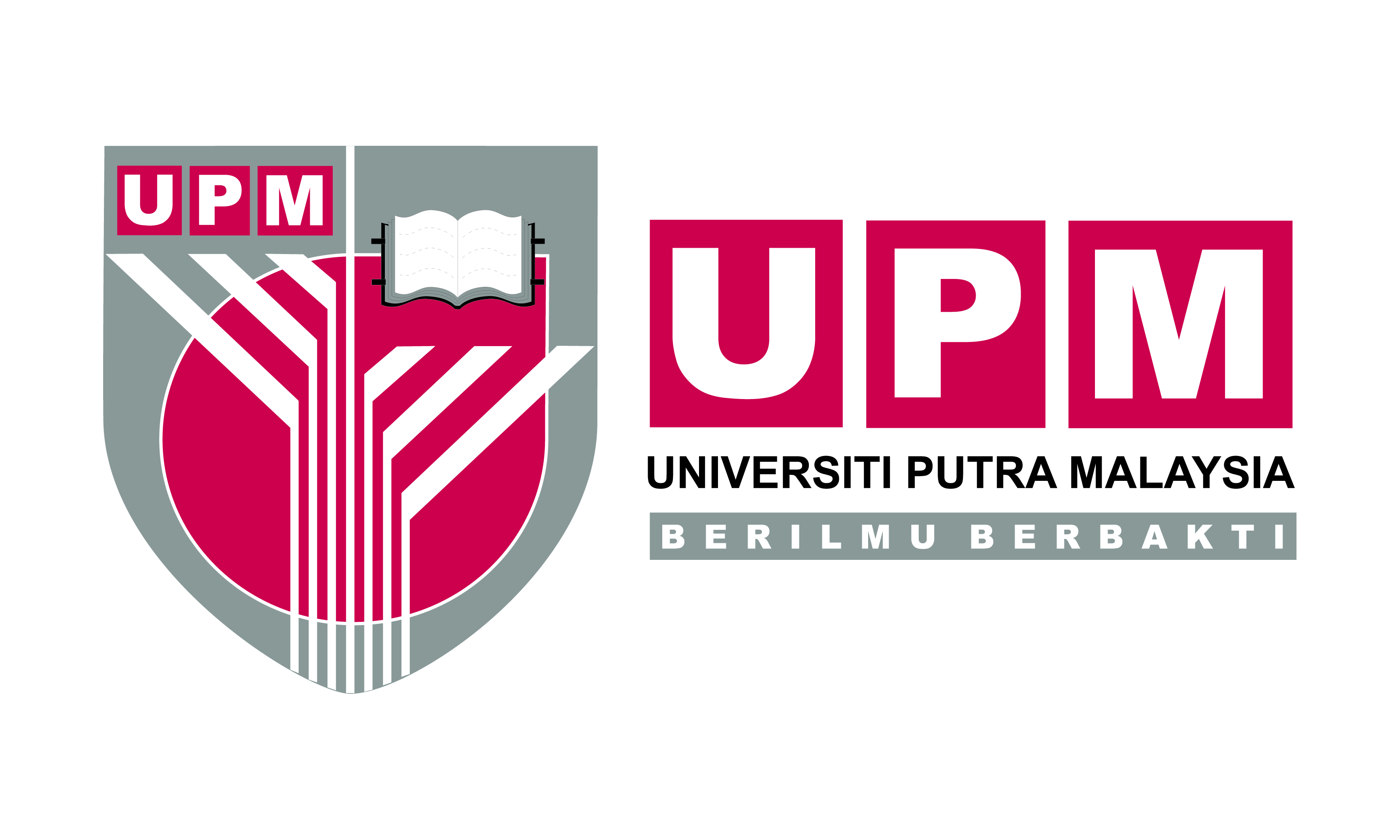
The need for a multidisciplinary approaches in research brought about the clustering of expertise at UPM. There are presently 6 research clusters, each of which encompasses a number of faculties and institutes.
The six research clusters are :
» Agriculture
» Food
» Forestry and Environment
» Health
» Social Science
» Science, Technology and Engineering
From the six clusters, specific research areas have been identified:
» Food Crops
» Plantation Crops
» Animal and Aquaculture Production
» Bio-health
» Value Added Bio Products
» Alternative Renewable Energy
» Tropical Forest Products
» Halal Product
Future areas of concentration that UPM's research teams are moving towards :![]() Defence and Security
Defence and Security
strategic and policy studies, cyber security, criminology and forensic, defence technology, defence management, aerospace and maritime![]() Food Security
Food Security
availability, accessability, utilisation and stability of grain crop, animal and aquaculture![]() Advanced and Added Values Manufacturing
Advanced and Added Values Manufacturing
development, testing and manufacturing of bio-based products using emerging technologies and intelligent manufacturing systems
![]() ICT
ICT
contents, communications and infrastructure
![]() Tropical Medicine
Tropical Medicine
management, mechanisms, bio prospecting, applications and product development
![]() Global Warming
Global Warming
environmental conservation, transportation, waste, low carbon society, safety and comfort, and energy efficiency
![]() Infectious Diseases
Infectious Diseases
management, mechanisms, community intervention, opportunistic infections, diagnostic![]() Energy, Water and Security
Energy, Water and Security
raw materials, medium and mode of storage and transportation, proposed regulation, safety procedures and educational programmes
![]() Halal Products
Halal Products
product, process and alternatives, policy and management, socio-culture, and analysis and authentication
![]() Transportation and Mobility
Transportation and Mobility
design, fabricate and test vehicles consisting of intelligent electronic control, electric powered indoor vehicle, CNGDI-electric hybrid outdoor vehicle, built environment suitable for the indoor vehicle, transmission system, specialty bio-fuel engine and training module
![]() Heritage Food and Culture
Heritage Food and Culture
food culture and sociology, consumer behaviour, food marketing, food quality, innovative convenient food, food enterpreneurship, food policy and information communication technology
![]() Risk Governance
Risk Governance
the risk/hazard determination, analysis, mitigation and governance issues
![]() Chronic Diseases and Disabilities
Chronic Diseases and Disabilities
ageing and disability
![]() Childhood Development and Education
Childhood Development and Education
children's optimal holistic (physical, emotional, social and cognitive) development and education![]() Food Safety
Food Safety
strategies to control and mitigate food safety hazards and develop method, database and indicator for safer food using science and non-science approach![]() Traditional Knowledge
Traditional Knowledge
the religo-medico perspective, food preservation and conservation technology, preservation of unique cultural identity and traditional arts, folk culture and sustainable environment for habitation, and the legal framework for protecting the rights to indigenous knowledge
![]() Bio-diversity and Wild Life Conservation
Bio-diversity and Wild Life Conservation
assessment, utilisation and economic valuation of biodiversity resources
![]() Neurodegenerative Disorder
Neurodegenerative Disorder
epidemiology, clinical investigations, neurobiology, stem cell research, therapeutics and interventional strategies
